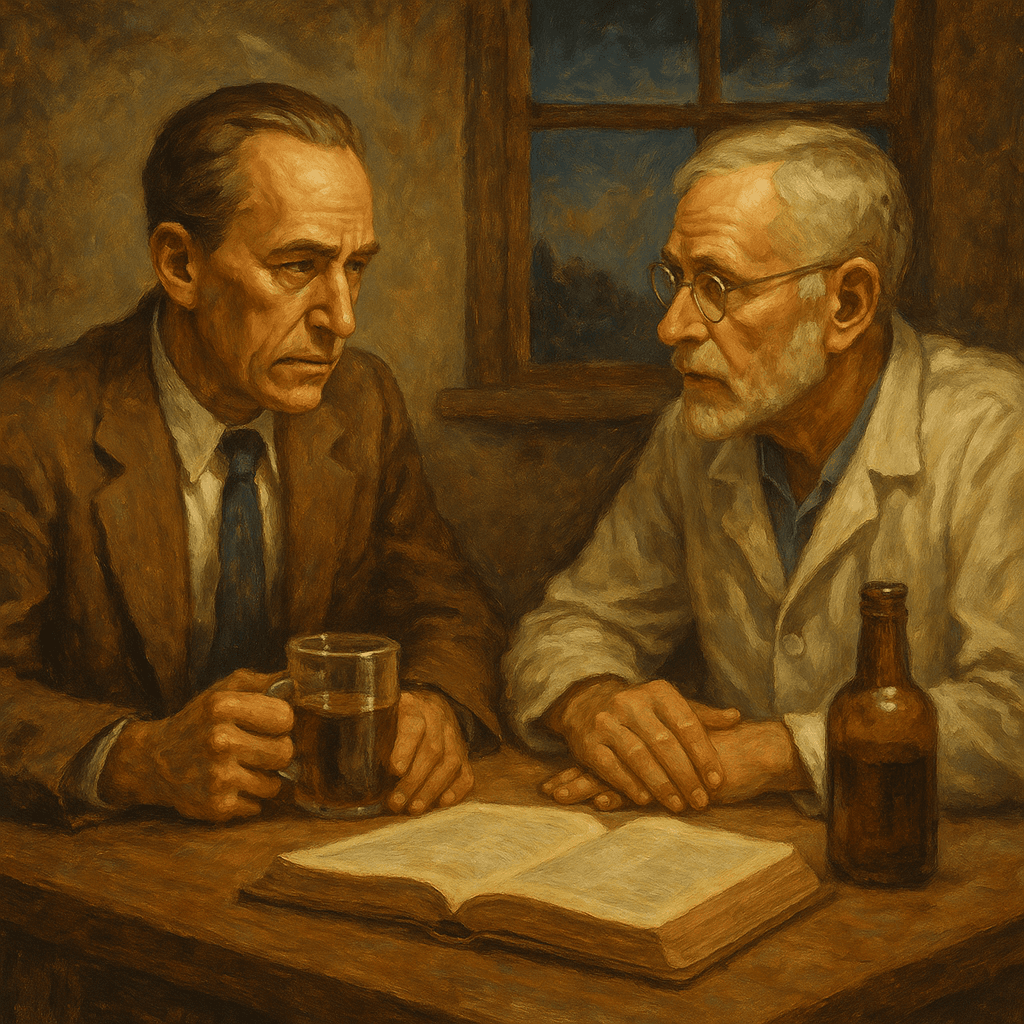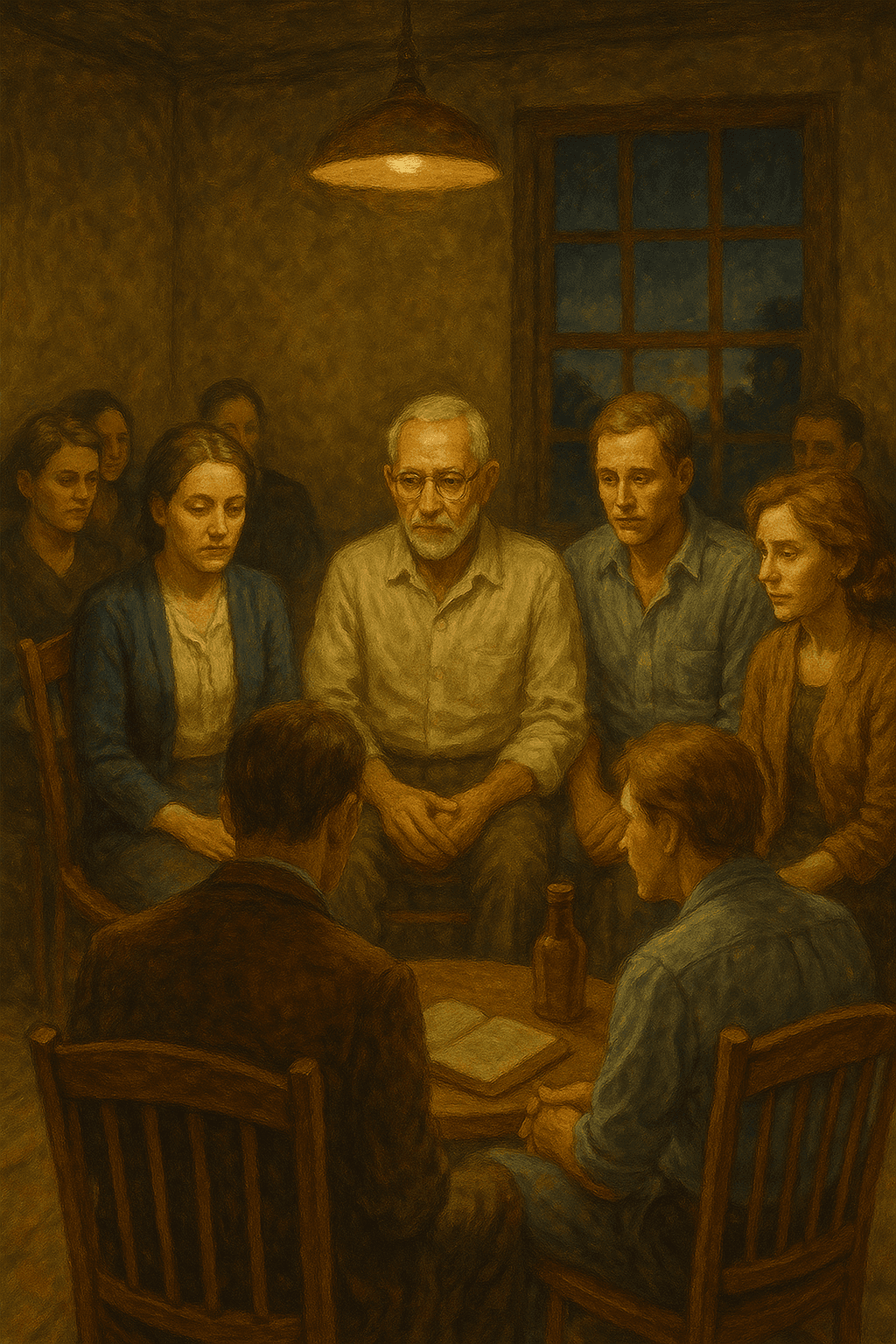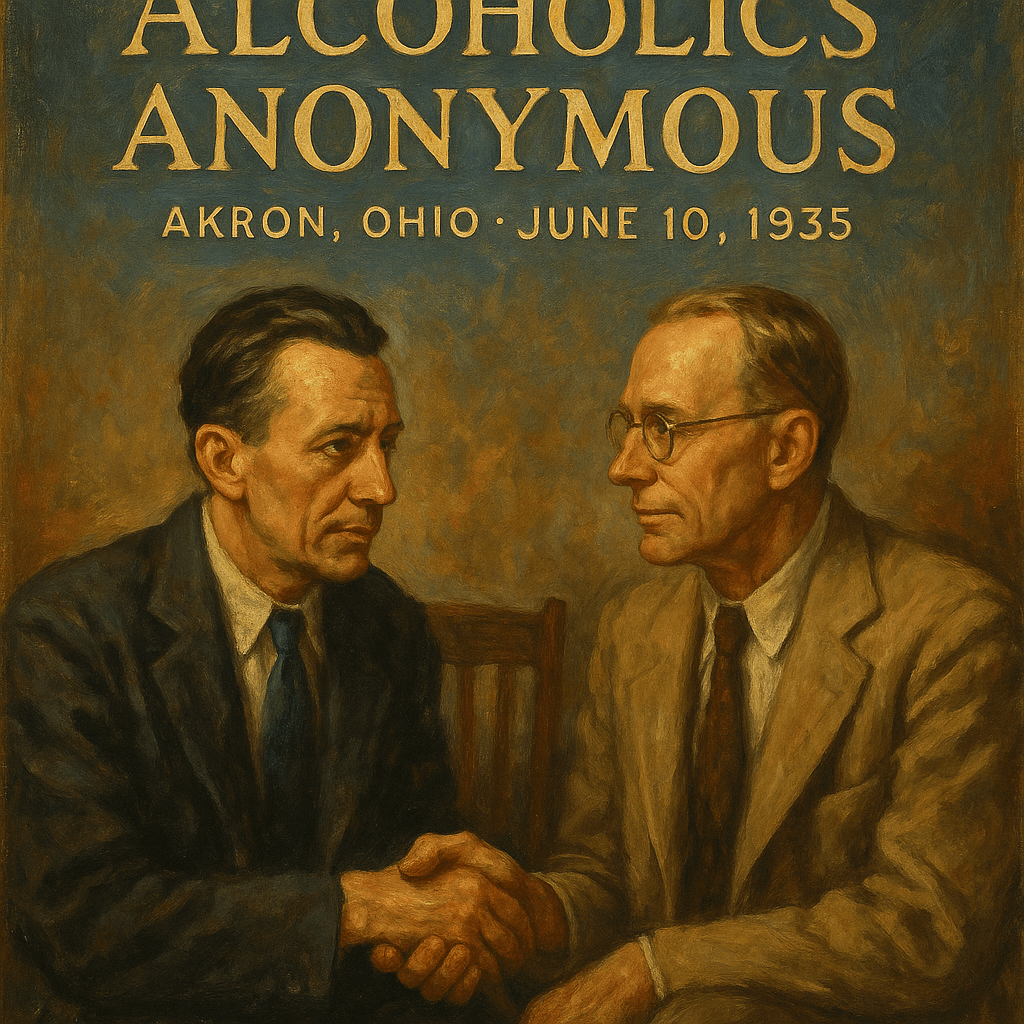On June 10, 1935, in Akron, Ohio, Alcoholics Anonymous (AA) was founded by Bill Wilson, a New York stockbroker, and Dr. Bob Smith, an Akron surgeon. This pivotal meeting between two men struggling with alcoholism laid the foundation for a revolutionary approach to addiction recovery—one based on peer support, shared experience, and spiritual growth.
From that day forward, June 10 has been recognized as the birthdate of AA, a grassroots movement that would go on to help millions of people worldwide reclaim their lives from the grip of alcohol dependence.

When Bill Wilson, sober through a newfound spiritual awakening and the support of the Oxford Group, visited Akron on a failed business trip, he found himself on the brink of relapse. Seeking another alcoholic to talk to, he was introduced to Dr. Bob Smith. Their conversation lasted hours, and in it they found a shared understanding of their disease and a powerful truth: helping another alcoholic stay sober helped them stay sober too.
This connection—and the mutual commitment to remain sober one day at a time—became the core principle of Alcoholics Anonymous. Dr. Bob’s last drink on June 10, 1935, is widely recognized as the symbolic founding moment of AA.

As AA developed, Bill W. and Dr. Bob formulated the Twelve Steps, a set of guiding spiritual and personal principles designed to foster recovery, accountability, and self-awareness. These steps encourage individuals to admit powerlessness over alcohol, seek help from a higher power, make amends for past wrongs, and support others in recovery.
The group's success lay not in professional treatment, but in anonymity, mutual support, and regular meetings, where members could share openly without judgment. The focus on “one alcoholic helping another” created a sustainable model of peer-led recovery that endures to this day.
From its modest beginnings, AA has grown into a worldwide fellowship, with more than 2 million members in over 180 countries. Its model has inspired numerous other recovery programs, including Narcotics Anonymous, Al-Anon (for families of alcoholics), and Overeaters Anonymous, each adapting the Twelve Steps to address different forms of addiction and compulsive behavior.
AA has also influenced how society views alcoholism—not as a moral failing, but as a disease that can be managed through community and continuous self-work.

The founding of Alcoholics Anonymous on June 10, 1935, marked a transformative moment in the history of addiction recovery. By replacing shame with empathy and isolation with fellowship, AA changed lives and reshaped public perception of alcoholism.
Its enduring success is a testament to the power of shared experience, humility, and the belief that recovery is possible when people support one another with honesty, compassion, and hope. Today, the ripple effects of that first meeting in Akron continue to bring light to those struggling in darkness—one day at a time.